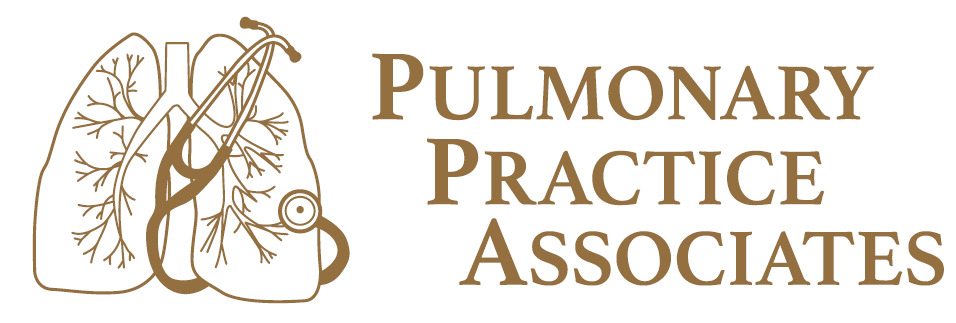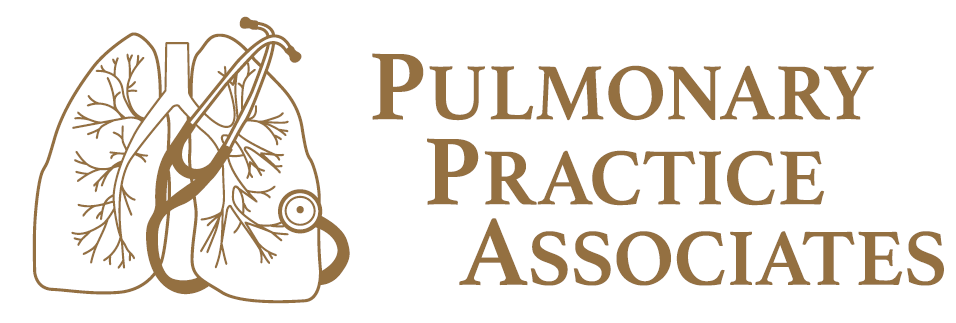PULMONARY CONSULTATIONS

WHAT IS PULMONOLOGY?
Pulmonology is the study of the pulmonary system and its associated organs. It is a subspecialty of internal medicine that focuses on diseases of the respiratory system, specifically the lungs and the pulmonary circulation, bronchial tubes, upper respiratory tract (nose, pharynx and throat) and heart.
WHAT IS A PULMONOLOGIST?
Pulmonologists are specially trained in diseases of the respiratory system (chest), such as chronic asthma, chronic bronchitis, mesothelioma, pneumonia, tuberculosis, COPD (chronic obstructive pulmonary disease), emphysema, AIDS-related pulmonary complications, and complicated chest infections. A pulmonologist cares for patients with complex pulmonary problems that may not be managed by a general internist. They often function as critical care physicians.
During a pulmonary consultation, a pulmonologist will evaluate a patient’s respiratory and lung function by asking questions about hereditary diseases, exposure to toxins (asbestos, second-hand smoke) and exposure to infectious agents or a possible predisposition to autoimmune diseases. A pulmonologist may also inspect patients’ hands for cyanosis or clubbing, respiratory rates, chest wall movement and breathing sounds.
Pulmonologists also will provide evaluations before major surgeries, which are typically performed by thoracic surgeons, and perform specialized surgical procedures, such as lung biopsies, bronchoscopy, thorocentesis, intubation, and cricothyrotomy.


